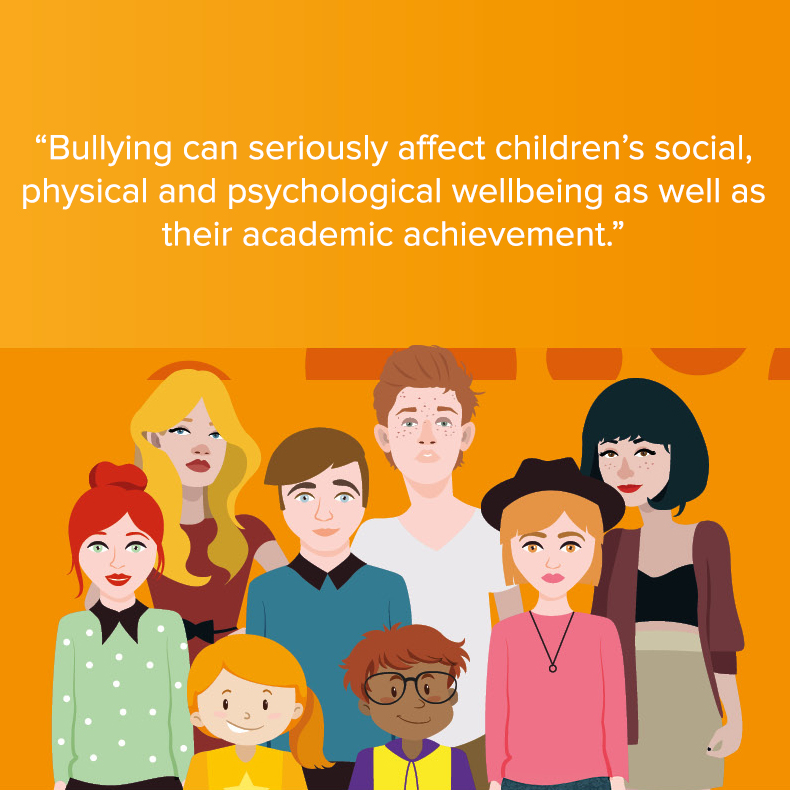Search
Research
If it's about me, why do it without me? Genuine student engagement in school cyberbullying educationThis study reports on a three-year group randomized controlled trial, the Cyber Friendly Schools Project, aimed to reduce cyberbullying among grade 8 students
Research
A group randomized controlled trial evaluating parent involvement in whole-school actions to reduce bullyingWhole-school capacity-building intervention in early and middle childhood can improve the likelihood and frequency of positive parent–child communication about bullying
Research
Beyond the reactive-proactive dichotomy: Rage, revenge, reward, and recreational aggression predict early high school bully and bully/victim statusWe discuss the implications of addressing Revenge and Recreation, as well as Reward and Rage aggression motives, for bullying prevention and intervention strategies
Research
Motivational interviewing as a positive response to high-school bullyingWe provide a narrative review of Motivational Interviewing and map its core features onto the extant literature on self‐reported motivations for bullying
Research
School-based promotion of mental health and wellbeing to address bullyingThe complexity of an issue such as school bullying and how this is best addressed as part of a systematic whole-school approach

Infographics to easily learn more about bullying and what actions to take should bullying be an issue in your school or community.
Research
Variation in the prevalence of different forms of bullying victimisation among adolescents and their associations with family, peer and school connectedness: a population-based study in 40 lower and middle income to high-income countries (LMIC-HICs)This study aimed to estimate the prevalence of different forms of bullying victimization experiences and their association with family functioning, peer relationships and school connectedness among adolescents across 40 lower and middle income to high-income countries (LMIC-HICs).
Research
The Impact of Bullying Victimization in Early Adolescence on Subsequent Psychosocial and Academic Outcomes across the Adolescent Period: A Systematic ReviewBullying is a widespread global issue, with serious consequences for victimized individuals. The current systematic review is the first to explore the consequences of bullying in early adolescence on psychological and academic functioning across the adolescent period. Five databases were examined, yielding 28 relevant studies.
Research
Burden and preference-based quality of life associated with bullying in childrenThe objectives of this study are to assess the association between childhood bullying and preference-based health-related quality of life in Australian school children and their parents and estimate quality-adjusted life years associated with bullying chronicity. Children aged 8-10 years completed the child health utilities, while parents completed the Australian quality of life.
Research
Economic Evaluation of an Intervention Designed to Reduce Bullying in Australian SchoolsThe aim of this study was to estimate the changes to costs and health benefits of implementing the "Friendly Schools Friendly Families" (FSFF) anti-bullying intervention in Australia.
